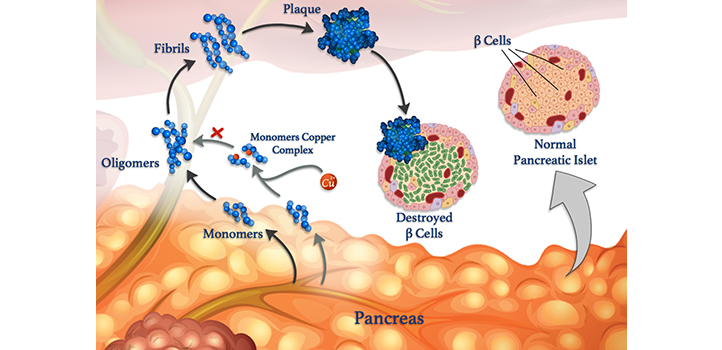
Bioscience
Untangling untidy folds to understand diseases
Copper ions could play a key role when peptide folding goes wrong and leads to harmful aggregates.
Page 2 of 2

Bioscience
Copper ions could play a key role when peptide folding goes wrong and leads to harmful aggregates.
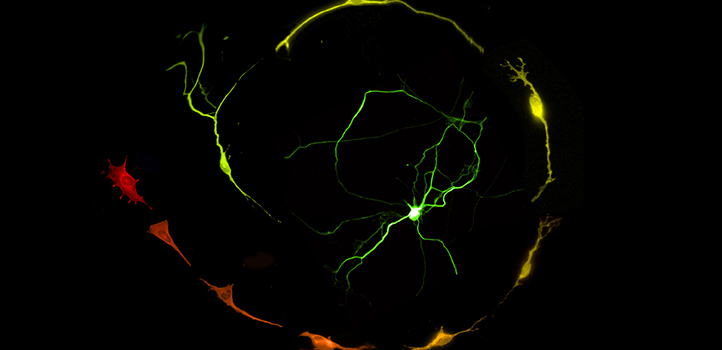
Bioscience
The conversion of skin cells into brain cells relies on proper insertion of L1 elements.
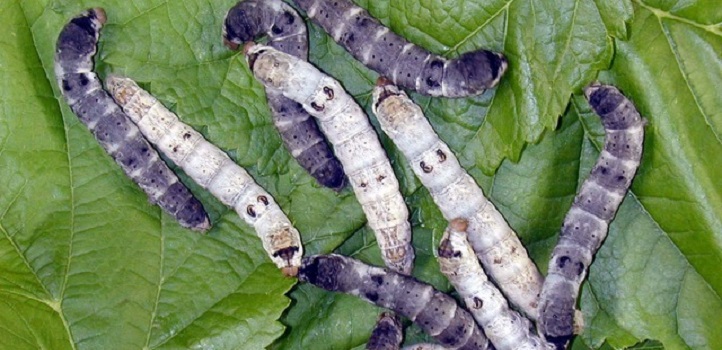
Bioscience
E-selectin is grown in silkworms for the first time, revealing new aspects of its binding dynamics.
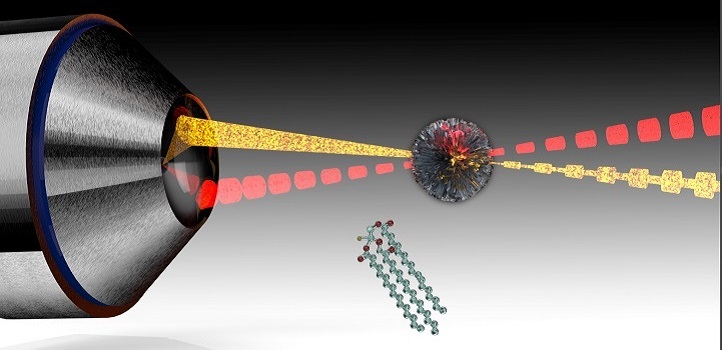
Bioscience
Laser-based microscopes can tune into multiple biomolecular signatures found in cancer cells.
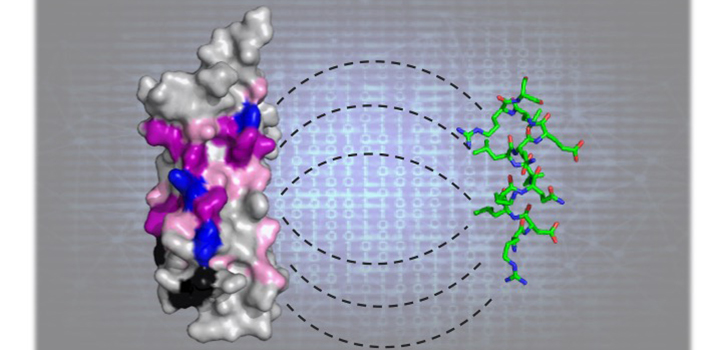
Bioscience
A machine learning method has identified highly elusive amino acid sequences involved in cell morphogenesis and adhesion and in diseases like cancer.
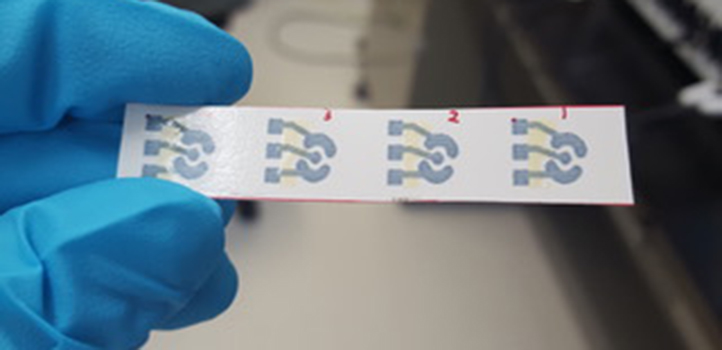
Bioscience
What do an electrical engineer, an organic chemist, a materials scientist and a cell biologist all have in common? They invent and improve applications at the interface of biology and electronics.
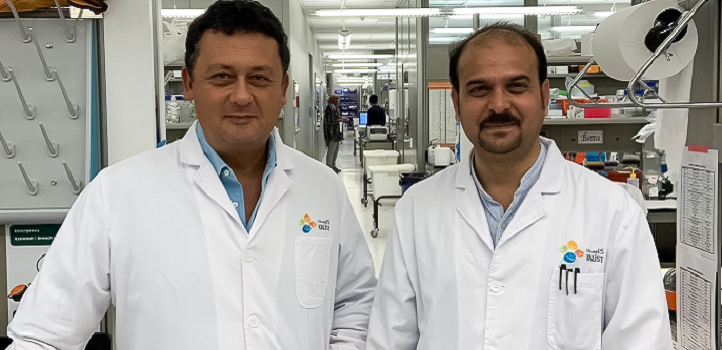
Bioscience
A protein, with a name reminiscent of legendary Greek sailors, has an unexpected role inside the human nucleus.
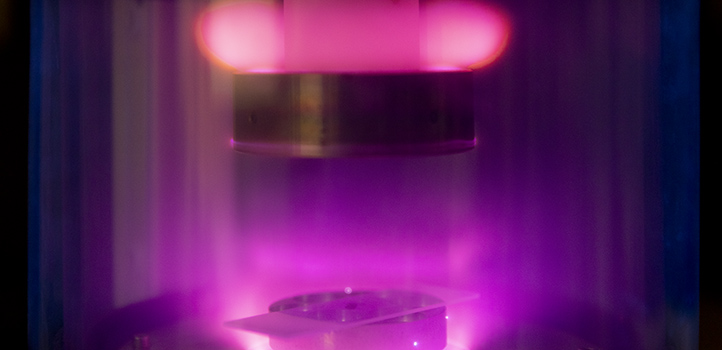
Bioscience
Protein-folded DNA nanostructures offer a new building material for biotechnology.
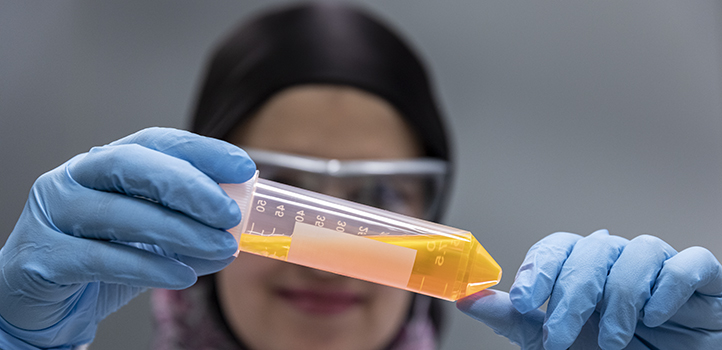
Bioscience
New experimental insights allow researchers to probe protein-DNA interactions with greater precision.
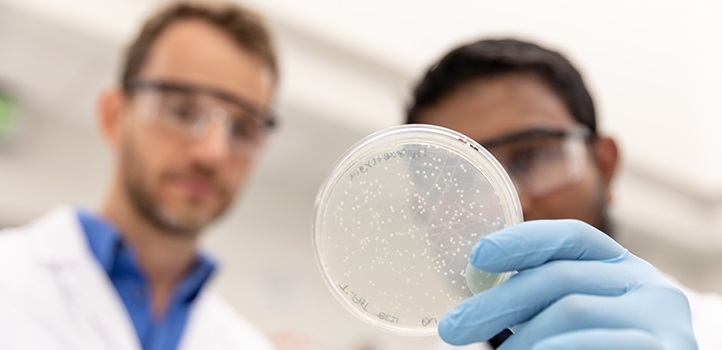
Bioscience
Protein found in gut-dwelling pathogens changes shape under human body temperatures, leading to toxins responsible for diarrheal disease.
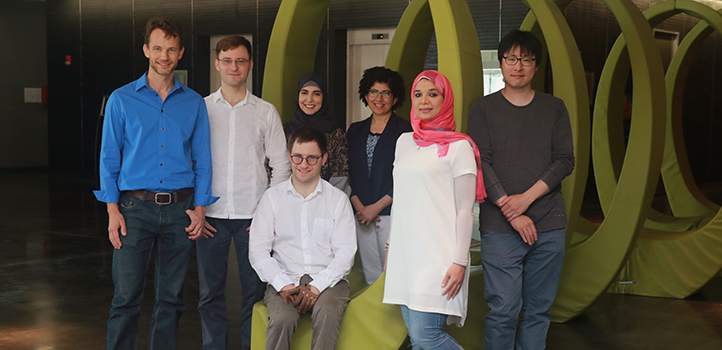
Bioscience
Mutations in a repetitive protein motif are responsible for a rare cognitive disorder.
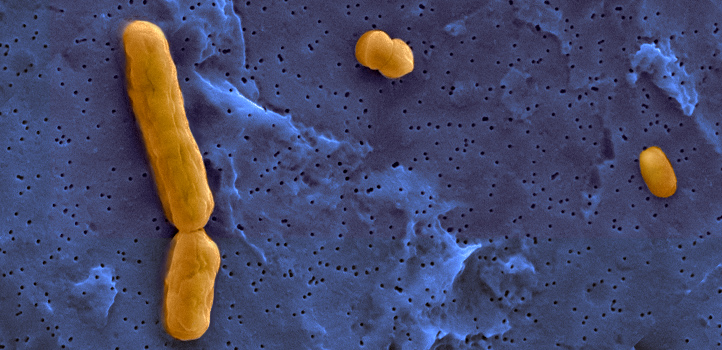
Bioscience
Understanding how bacterial metacommunities homogenize could help scientists predict future changes to ecosystems.
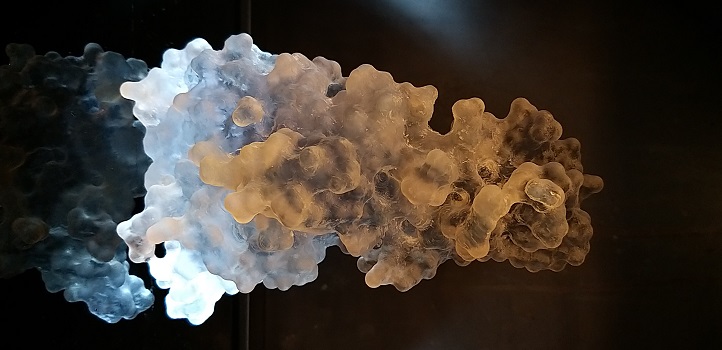
Bioscience
Single-molecule fluorescent measurements provide fresh insights into a process for keeping errors out of our genomes.
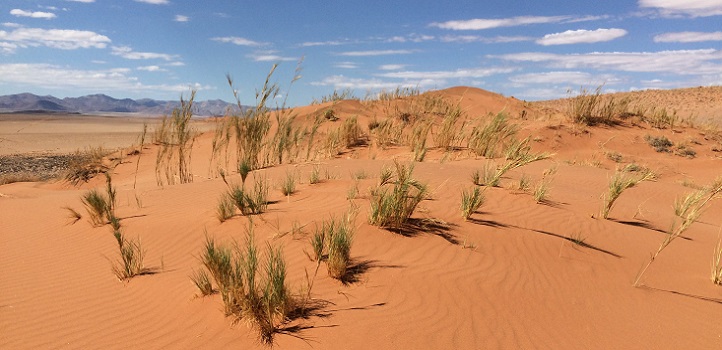
Bioscience
In the harsh sand of the Namib Desert, the sheaths of speargrass roots co-opt any growth-promoting bacteria they can find.
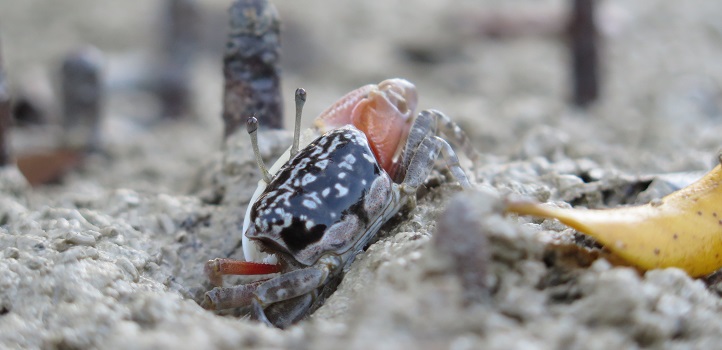
Bioscience
The types of bacteria living in and around fiddler crab burrows vary widely between mangroves, but their functional activities are remarkably similar.
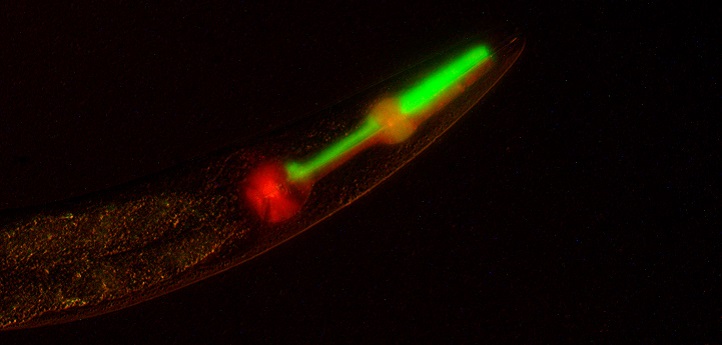
Bioscience
Laboratory model breaks laws of heredity, opening up new research possibilities in genetics and synthetic biology.
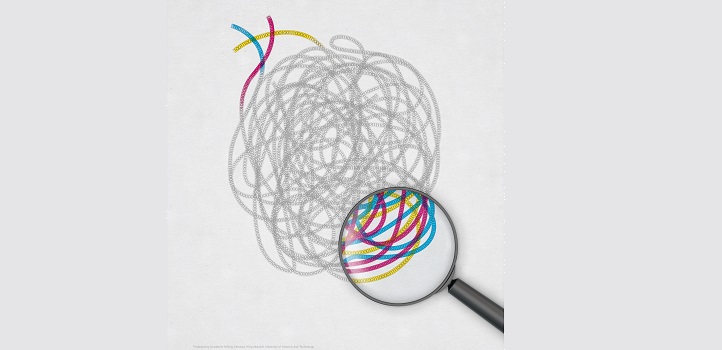
Bioscience
Recreating the human mind’s ability to infer patterns and relationships from complex events could lead to a universal model of artificial intelligence.
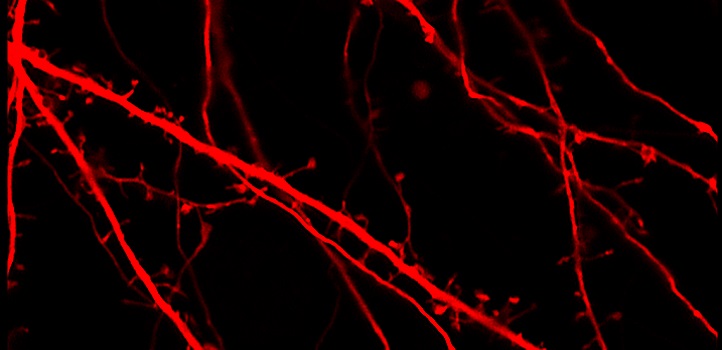
Bioscience
Study illustrates the links between brain energy metabolism and neuronal activity.
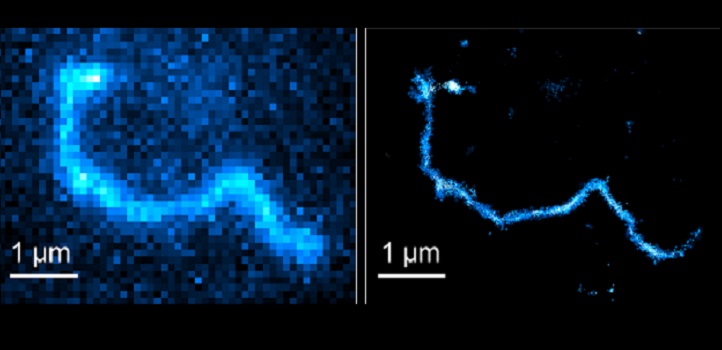
Bioscience
A Nobel-winning method for observing single molecules in action provides the basis for unprecedented insights into polymer chain dynamics.
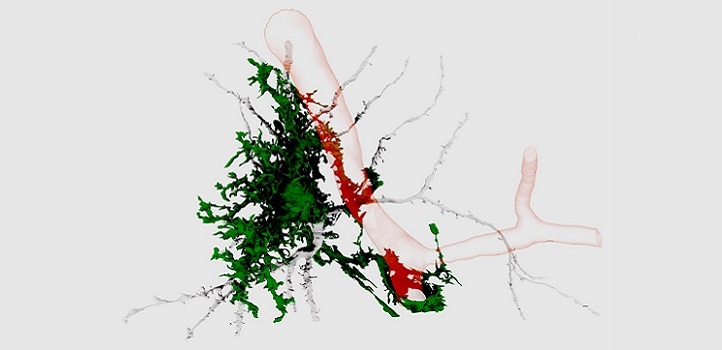
Bioscience
State-of-the-art techniques and software help researchers recreate cellular brain structures and model biochemical processes that support the brain’s energy demands.

Bioscience
Inkjet-printed device helps monitor a patient’s blood sugar levels without painful needles.

Bioscience
Molecules reorganize to slow stem cells down, giving them a chance to adhere to and eventually cross the inner lining of blood vessels into the bone marrow.
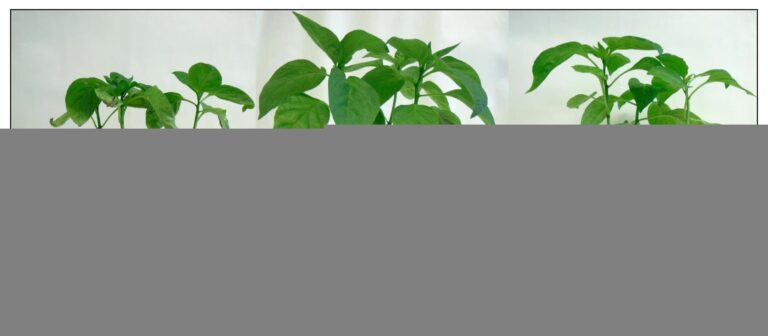
Bioscience
Adding certain types of bacteria to soil could help protect plants against drought by activating a proton pump in root cells.
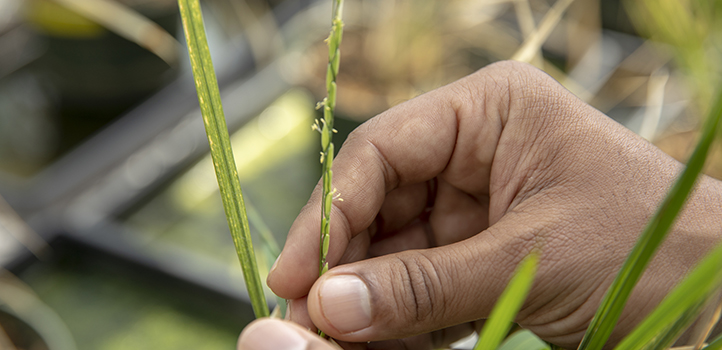
Bioscience
A compound that binds to and inhibits a crucial receptor protein offers a new route for controlling a parasitic plant.
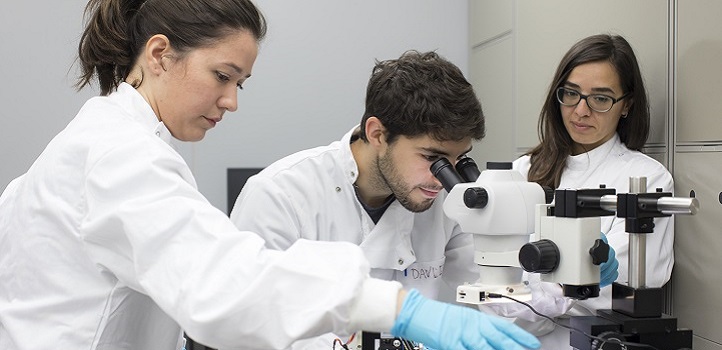
Bioscience
Pairing a conjugated polymer with a redox enzyme generates a fast, selective and sensitive electrochemical biosensor for metabolites.
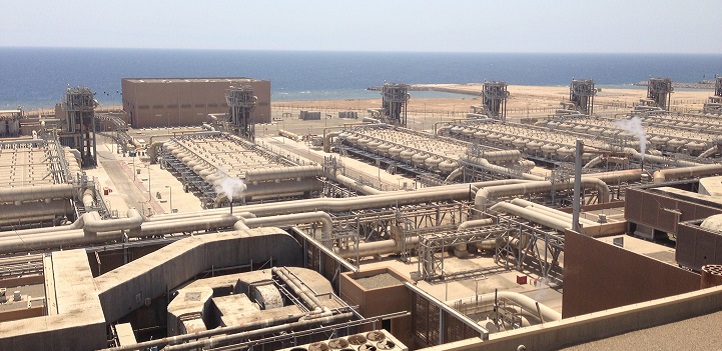
Bioscience
Learning how boron evaporates will help to improve water desalination technologies.
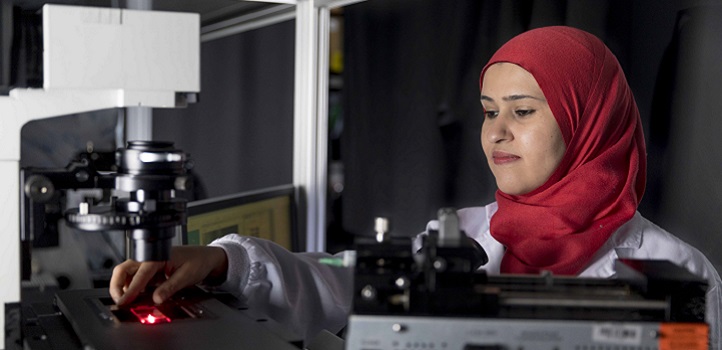
Bioscience
An unexpected two-step mechanism occurs when cells copy DNA.
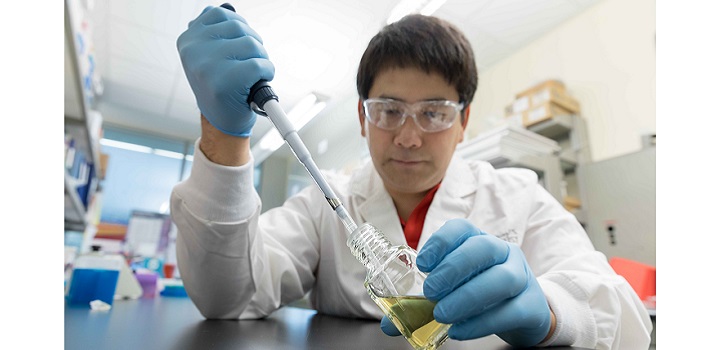
Bioscience
Protein analysis could lead to new advances in DNA sequencing technologies.
Bioscience
A new malaria metabolic model may uncover better ways to treat a highly deadly disease.
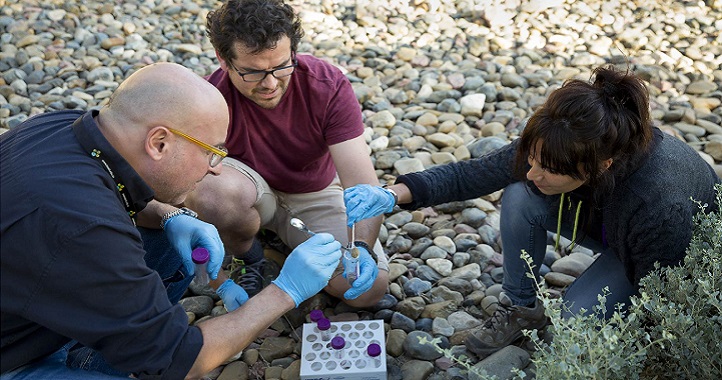
Bioscience
Understanding how bacteria help convert glacier bedrock into soil could help address desertification.
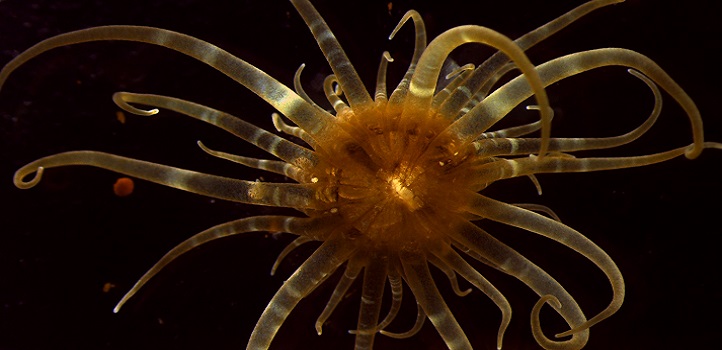
Bioscience
Corals living in highly saline waters may be more tolerant to rising water temperatures.
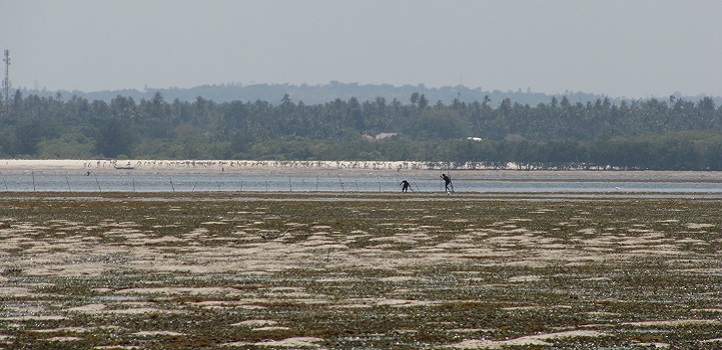
Bioscience
Seagrass meadows play a pivotal role in protecting coasts against rising sea levels.
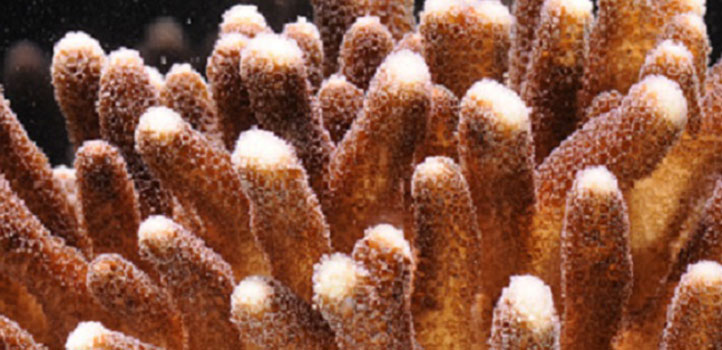
Bioscience
A comparison of the genomes of two species of coral demonstrates unexpected genetic diversity.
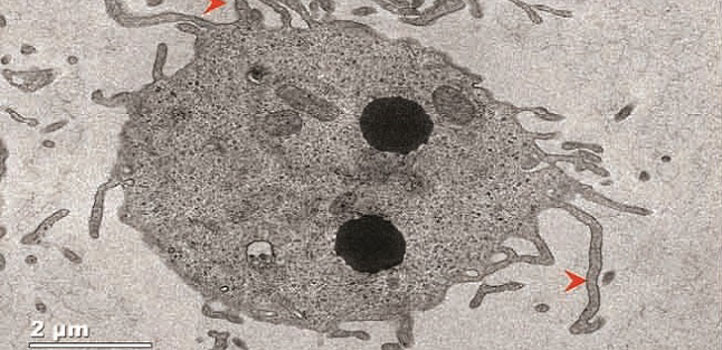
Bioscience
The protein CD34 is predominantly regarded as a marker of blood-forming stem cells but it helps with migration to the bone marrow too.
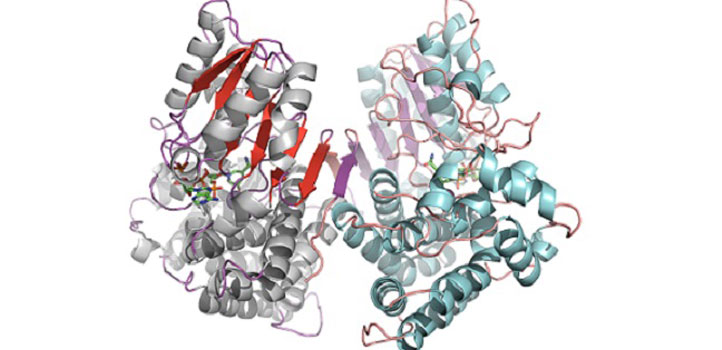
Bioscience
Genomes of single microbial cells isolated from the Red Sea could yield a goldmine for biotechnology.
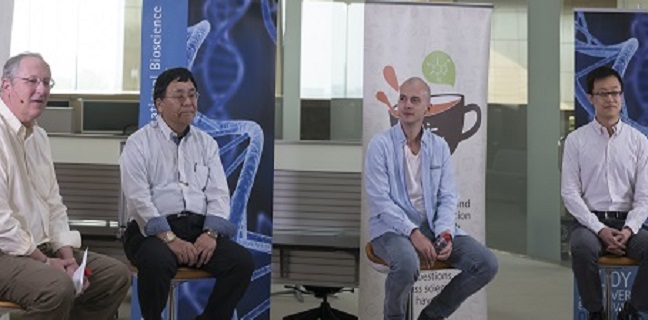
Bioscience
Sifting through huge amounts of data may bring better understanding of whale shark social structures, protein targets for drug therapies and disease-causing genes.
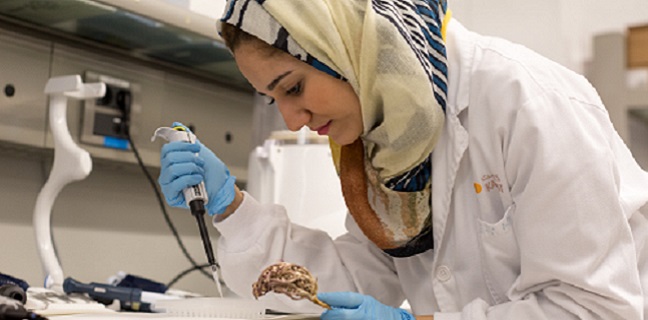
Bioscience
Herbal remedy plants native to Saudi Arabia are shown to have potential as treatments for cancer.
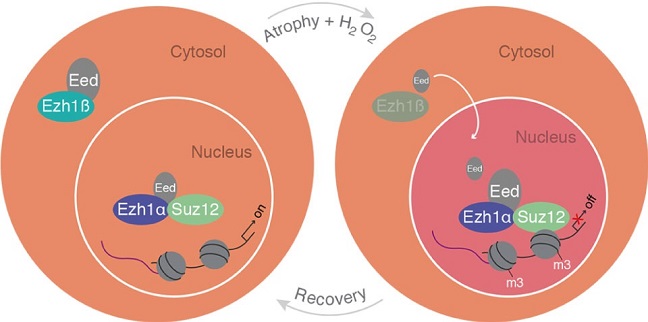
Bioscience
Two proteins produced by a single gene interact to keep the genome in check.
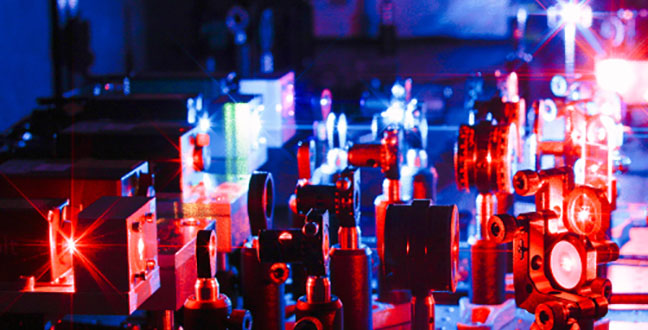
Bioscience
The movement of DNA molecules seemingly explained by random motion conceals a more orderly march.
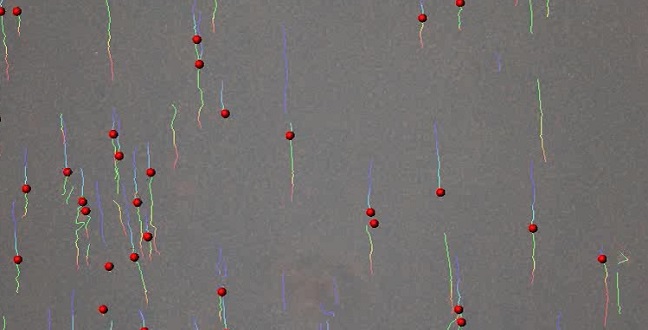
Bioscience
The surface proteins responsible for navigating immune cells to sites of inflammation are identified.
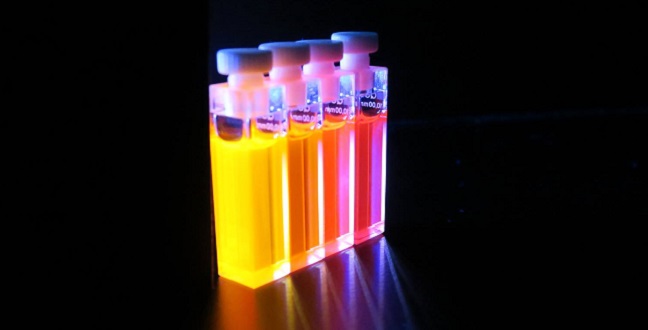
Bioscience
Conjugated polymers designed with a twist produce tiny, brightly fluorescent particles with broad applications.
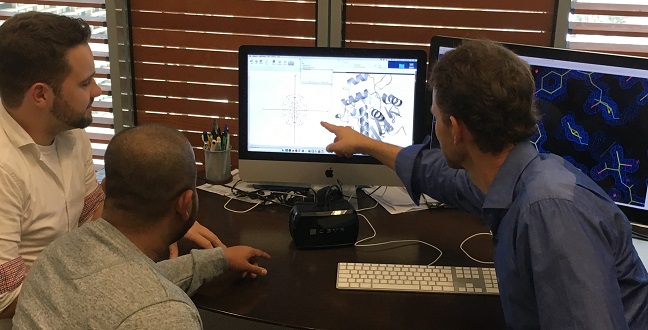
Bioscience
The work of a small group specializing in demystifying proteins is having far-reaching effects.
Bioscience
Enzyme follows a two-step verification system before cutting and repairing DNA damage.
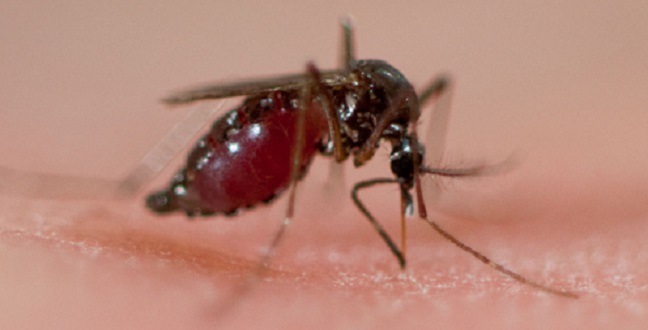
Bioscience
Africa now joins Southeast Asia in hosting parasites partially resistant to the first-line antimalaria drug, artemisinin.
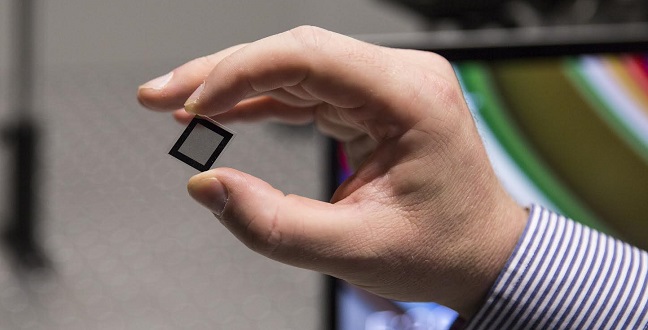
Bioscience
Optical elements that diffract light could lead to smaller and more powerful cameras.
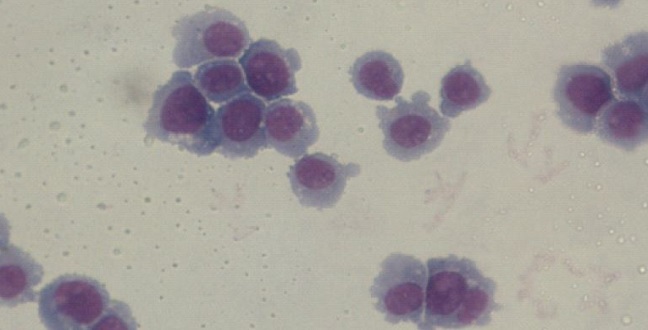
Bioscience
Antibodies directed against cancer stem cells could help patients with acute myeloid leukemia.
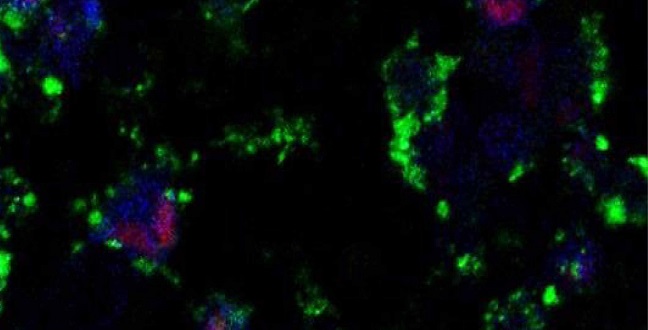
Bioscience
Zinc oxide (ZnO) nanoparticles may help destroy difficult-to-treat triple-negative breast cancer tumors.
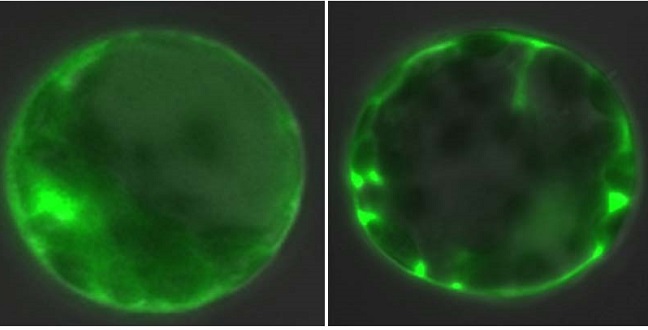
Bioscience
A gene linked to plant stress response helps to prevent the production of defective proteins.
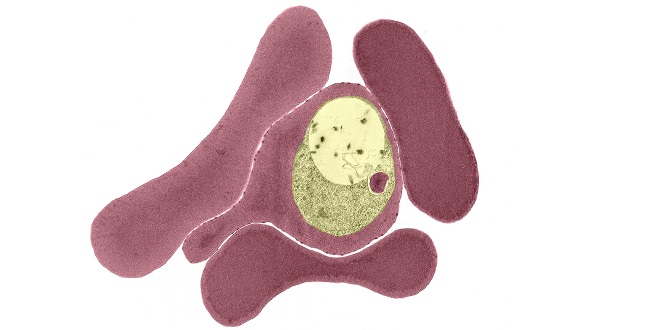
Bioscience
Expert knowledge in the field of DNA and RNA sequencing puts KAUST at the forefront of high-impact pathogen research.
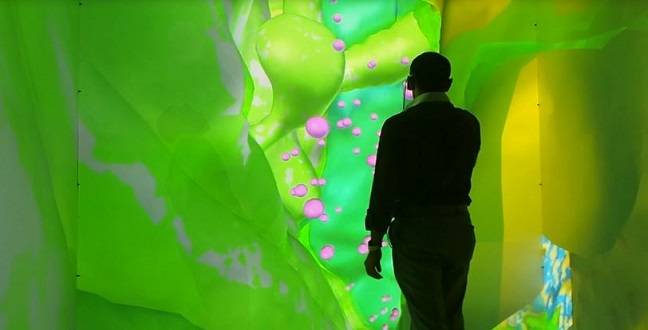
Bioscience
Novel use of gaming technology enables researchers to 'step inside' the brain.
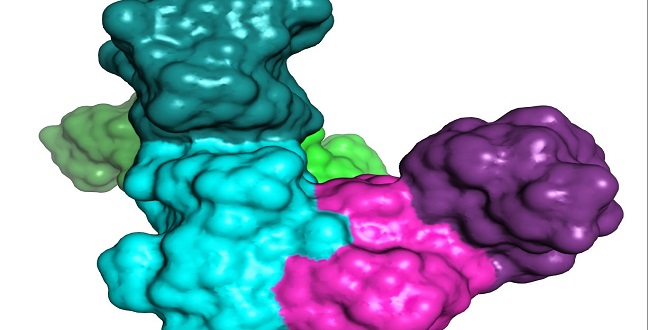
Bioscience
Insight into additional functions of a key cancer protein could pave the way for new anti-cancer drugs.
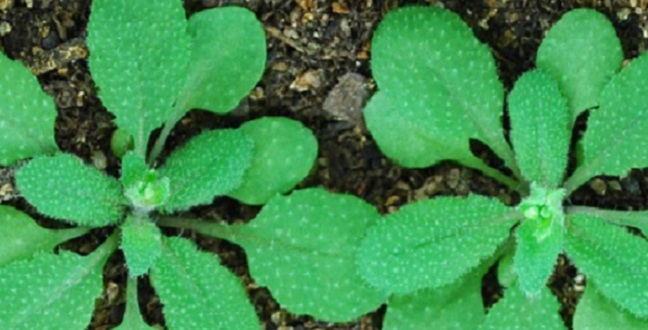
Bioscience
Proteins that have dual roles in the molecular processing of RNA could be manipulated to produce tougher plants.
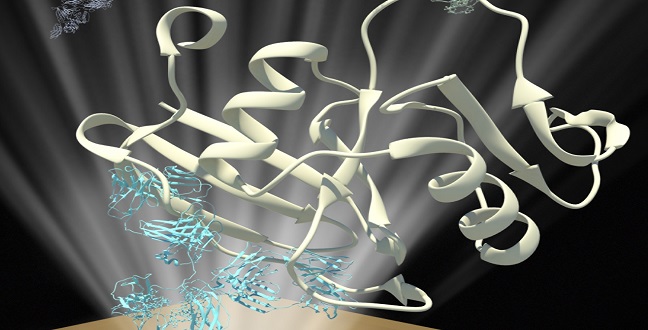
Bioscience
A modern twist on a traditional biochemistry technique lets scientists study interactions that trap cells in circulation.
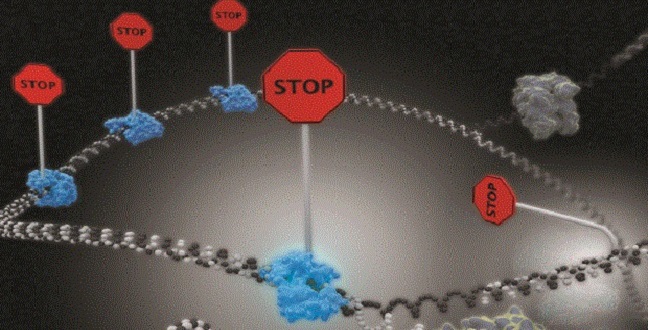
Bioscience
Termination sites of DNA are shown to stop slow-moving replication forks but not faster ones.
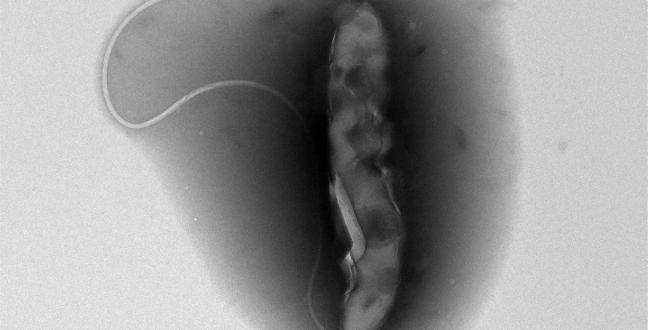
Bioscience
Whole-genome sequencing of the bacterium responsible for a cholera outbreak reveals a population structure missed by traditional methods.
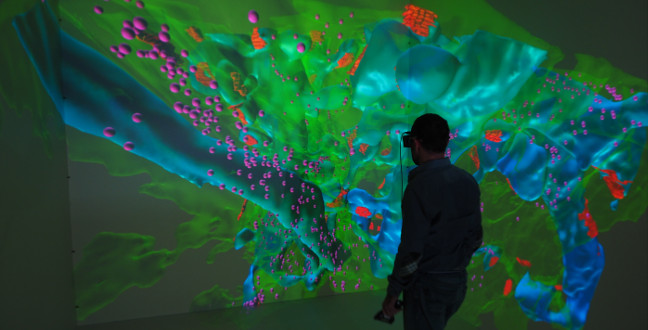
Bioscience
A new collaboration could lead to supercomputers emulating the efficiency of the brain.
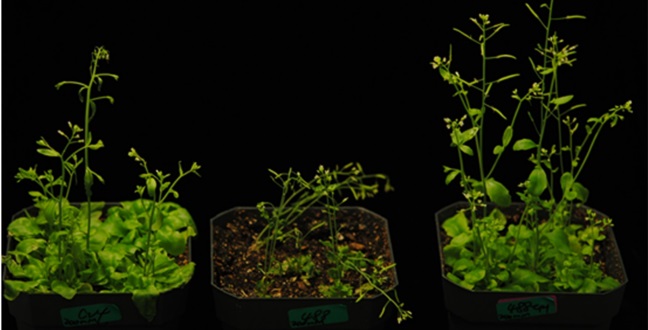
Bioscience
Discovery of the molecular mechanism by which a protein confers salt tolerance in plants could boost crop yields in high-saline soils.
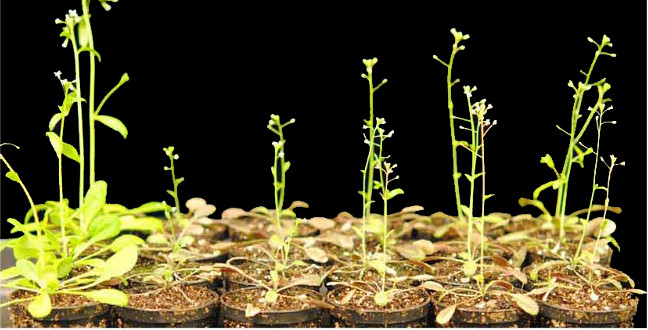
Bioscience
Resistance to a popular herbicide provides insight into the control of a key biosynthetic pathway.
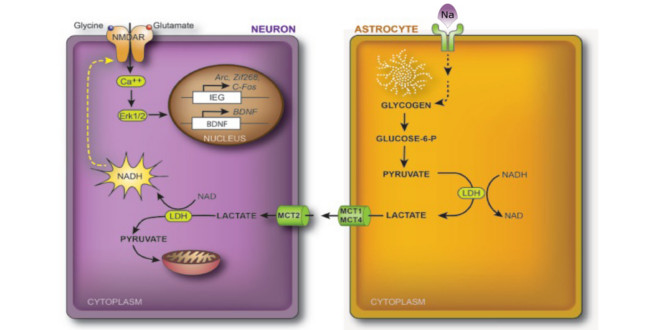
Bioscience
Lactate plays an unexpected role in brain function.
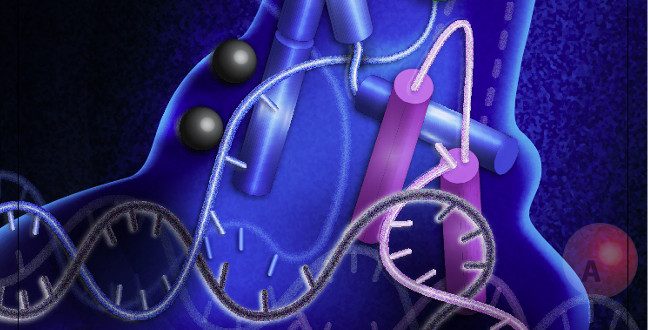
Bioscience
An enzyme involved in maintaining genome fidelity goes through seven steps to recognize its DNA substrates.
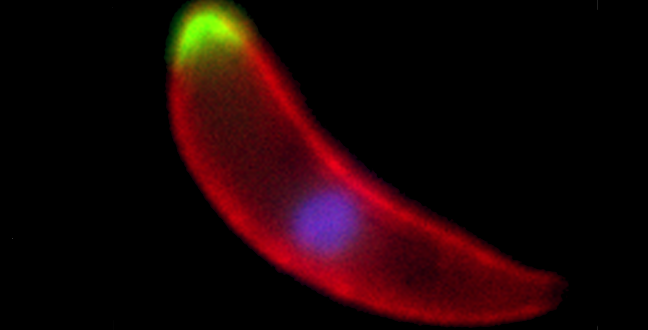
Bioscience
Enzymes crucial to parasite growth offer clues in fight against malaria.